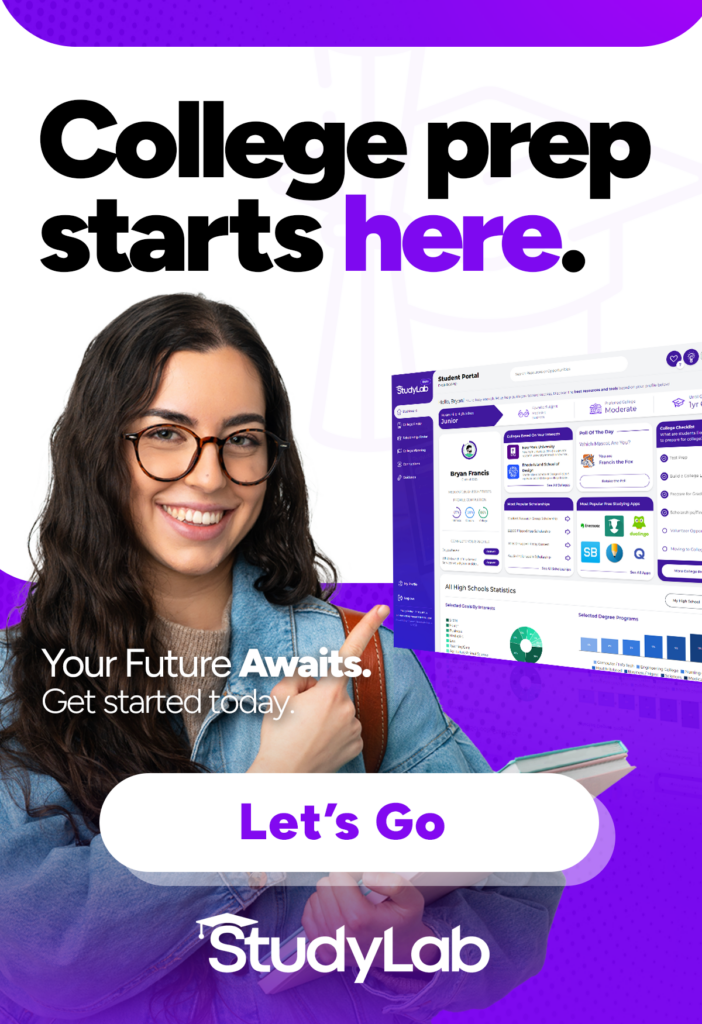“Doubts about Going to College,” an article that Scott Jaschik published in Inside Higher Ed on December 3, 2020, reports the findings of a survey of 528 students that was conducted by Lane Terriliver, a marketing and advertising agency in the educational sector.
The study, “The Pandemic’s Impact on Higher Education Marketing in 2020 and Beyond,” is a real eye-opener for all of us in higher ed.
“More than one-third of prospective college students are reconsidering higher education in light of the coronavirus pandemic,” Jaschik reports. “Further, 43 percent of prospective students for one- and two-year programs are looking to delay enrollment.”
Those statistics alone indicate that because of Covid-19, something of a sea change has taken place in the way students are thinking about going to college. We thank Jaschik for writing his article, and for bringing the study to our attention. Because we wanted to know more, we explored Lane Terriliver’s findings. Here are some that we would like to bring to the attention of our readers.
What Kind of Information Now Convinces Students to Select College or Other Educational Options?
The study found that:
- 43% of prospective students resonate with program-specific information.
- 38% resonate with information on financial aid opportunities.
- 21% resonate with real student stories.
Yet Traditional and Non-Traditional Students Expect Different Benefits from Higher Education
Among students who could enter college after high school (“traditional students”):
- 36% say they are now “less likely” to pursue higher education than they were pre-pandemic; yet 32% also say they have become “more likely” to pursue higher education.
- The pandemic has convinced more “traditional” students that there is value in having a certificate or a college degree.
- 35% now say that distance learning is “extremely effective.”
- 62% believe that institutions of higher learning have adapted well to challenges that have arisen during the pandemic.
Older students (“non-traditional students”) are more likely to accept distance learning than younger students are. Among those “non-traditional” students:
- 28% say they are now “less likely” to pursue higher education than they were pre-pandemic.
- 65% say they see having a degree is “extremely valuable” due to the pandemic.
- 47% say distance learning is “extremely effective.e”
- 72% believe that institutions of higher learning have adapted well to challenges that have arisen during the pandemic.
We Invite You to Explore Your Students’ College & Career Options with Us. . .
Participate in the National Career & College Pathway Study to gain new insights about making educational decisions that align with your interests, passions, and aptitudes. Participants will receive information on college and career opportunities that match their interests.
Related Posts
Why Just Getting Students Back into Classrooms Is Not Enough
Great Ways to Integrate Career Planning into Your Classroom
Is It Time to Create a Career Research Center in Your Classroom?
America’s Teachers Face Harder Decisions about Returning to School
What Kind of Coronavirus Testing Will Your College Be Giving Returning Students in the Fall?
Which College Majors and Careers Should You Consider if Most of Your Classes Will Be Taken Online?

